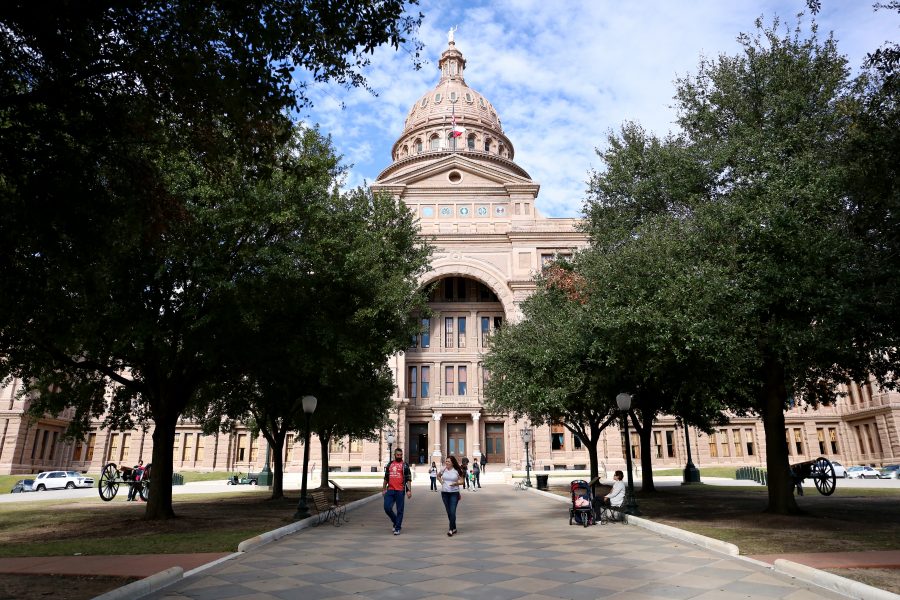Texas public education reform flatlined again Wednesday, May 24, when the Texas Senate Education Committee chairman said he would not send Senators to a conference committee with the House, leaving Austin ISD among many others with a hefty cost.
Politics in Austin is costing our children their right to a quality, equitable education. Texas’ “lawful but awful” system for funding education spurred years of litigation, with plaintiffs originating from both property-poor and property-rich districts, resulting in seven cases brought before the Texas Supreme Court. Texas politicians continue to relegate education to the status of a political pawn, putting the state’s citizens in the crossfire of a partisan battle over private schools and voucher programs.
The bill in question, HB 21, was the first education finance overhaul the Texas Legislature took up in years, and it simplified and stimulated the school finance structure. The Senate chose to gut the bill, adding measures for private tuition subsidies and slashing the proposed funding from $1.5 billion to $530 million.
The Robin Hood Clause, originally introduced to fix the state’s woes in 1993, provides for the collection of taxpayer funds from districts with high property tax values and its redistribution to districts with lower values.
The Clause created a loophole by which the Legislature continues to rely less and less on state funds to fulfill the state’s educational mandate and increasingly on the 300-plus “property-rich” districts — called Chapter 41 districts — to subsidize the poorest districts, despite that more than half of students in the C41 districts are economically disadvantaged.
Austin ISD has paid more in state recapture payments than any other district, totaling a staggering $1.5 billion. Approximately 65 percent of Austin students meet the federal definition of poverty, and 30 percent of students have limited English proficiency. State officials are taking money from a district that quite literally doesn’t have money to spare.
The state’s formulas put other high-growth areas within the officious reach of the state’s recapture program, meaning Houston and Dallas will cede their residents’ property taxes to the state. Initially exempted because of their vast ethnic diversity and multiplicity of poor and rich areas, they’re now fair game to see cuts to their available educational funds. Coupled with rising property values across the state, the overreach decreases the state’s share of the educational cost, already down seven percent from 2007.
Many districts are fed up with the inaction of leaders who are focused on putting Band-Aids on the problem.
“They (the Senate) had one hearing without any direction or sense of purpose,” Boerne ISD Trustee Richard Sena said about HB 21. “Why should public taxpayer funds go to private schools who cherry-pick who they choose to educate?”
Districts are faced with a zero-sum game, where they’re forced to increase property taxes, write larger checks to Robin Hood, and face subsequent cuts in state aid. The result is a win for the state of Texas and a loss for the district. The state stands in stark opposition to fuming district officials, outraged schools, dumbfounded parents, and underserved children. As long as our schools remain a pawn in a game of legislative chess, we cannot expect the antiquated and inherently unequal school finance system to provide for Texas children.
Verses is a Plan II and environmental engineering freshman. He is a guest columnist.





















